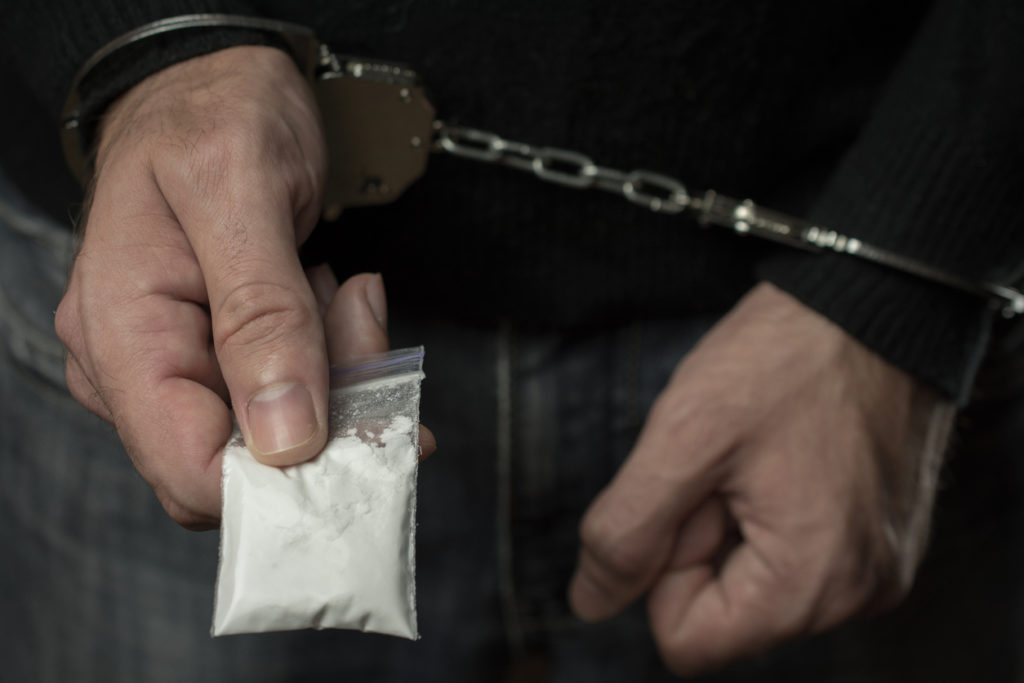This week, the Government revealed its long-awaited ten year drug strategy, which seeks to cut crime and save lives. Whilst I welcome the boost in funding for drug treatment, the strategy largely appears to be a doubling down of a failed ‘war on drugs’ strategy that has only resulted in record-levels of drug deaths and prison sentences.
As the Mayor of Lewisham I have seen first-hand how my borough has suffered under a failed decade of government drug strategy. This review needed to be a reset in how we approach drug policy in the UK, which is regressive compared to much of Europe and North America.
Instead it will re-entrench the criminalisation approach to drugs. This is doubly disappointing given this report was largely prompted by Dame Carol Black’s excellent report ‘Review of Drugs’, whose key message was “we cannot police our way out of this,”.
Why then has the government chosen to double down on a “tough on crime” ten year strategy that we all know is unlikely to work? A whole chapter of the report was entitled “securing the border” and the Government trailed this report in the press by focusing on the removal of passports for people caught in possession of Class A drugs.


We also know that the current approach to policing drug offences is disproportionate. Young Black men are currently nine times more likely to be stopped and searched than their White counterparts and in 2019 almost 90% of the children in Lewisham who were sent to court for first time drug offences were from a Black, Asian or ethnic minority background.
Despite our imaginations of large drug busts we know that most arrests for drug possession are for possession of less than £25 worth of cannabis. We must ask ourselves, is this a good use of limited police resources?
Instead what we need to do is adopt a progressive approach to drug policy, just as many countries in Europe, such as Portugal, have done well over a decade ago. Whilst drug deaths in the UK have soared to record highs in Europe they have reached record lows. The evidence tells us a criminal approach to drugs doesn’t work, but a health approach does.
Also, it is not just those suffering the enormous pains of addiction who are the victims of drugs or require our support. Those who are caught up in the production and distribution of drugs are victims too.
2,000 children from London, mostly young Black boys, have been identified as having a link to county lines activity and are being exploited by criminal gangs to peddle drugs across the country with huge personal risk to their safety.
As a local government leader I do welcome the £780m boost for drug treatment, but so much more must be done to support the residents of my borough and to really tackle the issues related to drug use. Over the past decade the Conservative Party’s austerity agenda has cut Lewisham Council’s budget in real terms by 63% and increased poverty right across the country.
Additionally, it is incredibly disappointing that the government has not addressed the significant racial disproportionality in the criminal justice system related to drugs, despite countless livelihoods and young people’s futures being lost for simple possession offences.
A consultation back in March 2020 with Lewisham residents made it clear that the current approach to policing drugs was not working. As Dame Carol Black said, we can’t police our way out of this.
I am eagerly awaiting the outcome of a report recently commissioned by the council, which is investigating the impacts of low level drug offences, and we will be reacting to its recommendations.
We must listen to the experts and follow the evidence. We must be tough on the causes of crime with proactive policy-making.
Myself and other Labour colleagues such as Ben Twomey, Lezley Cameron and Jermaine Jackman from the Labour Campaign for Drug Policy Reform are campaigning for Labour to adopt a health-led model.
With criminalisation a proven failure, it is time to focus on education, diversion and rehabilitation. I hope that Dame Black’s report, and the subsequent strategy released yesterday, act as a catalyst for better drugs policies that are rooted in evidence, not stigma.
Damien James Egan is a British Labour Party politician, and the second directly elected Mayor of Lewisham in Greater London.












